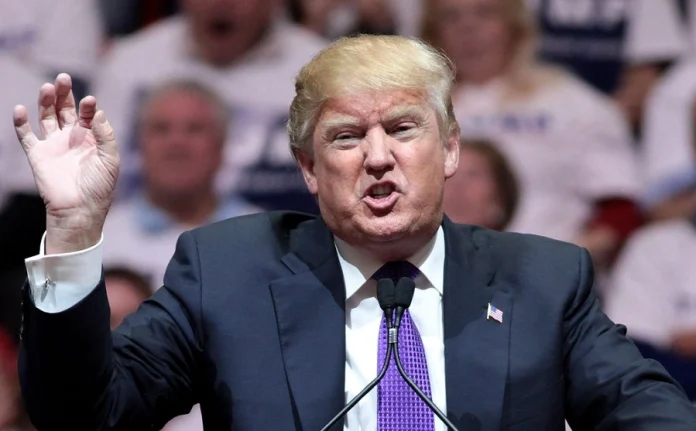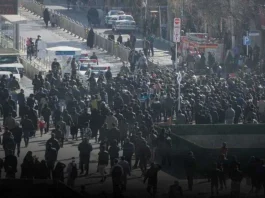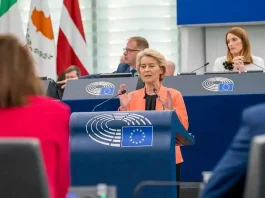As the 2024 U.S. presidential election approaches, speculation about the potential impact of a Donald Trump victory on global trade is intensifying. A second Trump term could lead to significant disruptions and transformations in international economic relations, reflecting both his previous policies and anticipated future actions. Here’s a detailed analysis of what the global trade landscape might look like under Trump’s leadership.
Continuation of Trade Wars and Protectionism
If Trump wins the 2024 election, we can expect a continuation and possibly an escalation of the trade wars initiated during his first term. Trump’s administration was characterized by aggressive tariffs and trade barriers, particularly targeting China but also affecting allies in Europe and North America. This protectionist stance aimed to reduce the U.S. trade deficit and revive domestic manufacturing but often led to retaliatory measures and strained international relations.
- Trade Madness: Could Trump’s Tariffs Trigger Economic Turmoil?
- Trump’s Agenda: Wins, Wrangles, and What’s Next
- Trump’s Economic Boom vs. Biden’s Inflation Woes
- What If Trump Wins 2024? Think Tank’s Dire Predictions Revealed
Impact on U.S.-China Trade Relations
The U.S.-China trade relationship is likely to face further challenges. Trump’s previous tariffs on Chinese goods and his rhetoric on holding China accountable for various economic and geopolitical issues suggest that a second term would see a continuation of these hardline policies. This could result in prolonged tensions and a more fragmented global trade environment, where businesses and governments have to navigate a complex web of tariffs and trade restrictions.
Revisions to Trade Agreements
Trump’s administration could seek to renegotiate or withdraw from existing trade agreements, as seen with NAFTA, which was replaced by the USMCA. Future policies might involve revisiting terms of trade deals to secure more favorable conditions for the U.S., potentially leading to instability in markets that rely on predictable trade flows. This could affect sectors ranging from agriculture to technology, with ripple effects across global supply chains.
Isolationism and Bilateral Agreements
A second Trump term might push the U.S. further towards isolationism, favoring bilateral trade agreements over multilateral frameworks like the World Trade Organization (WTO). This shift could weaken international trade institutions and create a more fragmented and less predictable trade landscape. Countries might increasingly rely on bilateral deals to secure their interests, leading to a patchwork of agreements that could complicate global commerce.
Potential Economic Repercussions
The economic repercussions of Trump’s trade policies could be significant. Increased tariffs and trade barriers may lead to higher costs for businesses and consumers, both in the U.S. and globally. Supply chain disruptions, market volatility, and reduced international cooperation could hinder economic growth and innovation. Developing economies, in particular, might struggle with the instability brought about by these changes, affecting global poverty and inequality levels.
Strategic Shifts in Global Alliances
A Trump victory could also prompt shifts in global alliances. Countries affected by U.S. trade policies might seek to strengthen ties with other major economies like the EU or China, potentially leading to new economic blocs. These shifts could redefine global trade routes and influence international economic policies, further complicating the global trade environment.
Future of global trade
The future of global trade under a second Trump administration is poised to be turbulent and uncertain. Protectionist policies, potential renegotiations of trade agreements, and a shift towards isolationism could disrupt established trade patterns and institutions. Businesses and governments worldwide will need to stay agile and prepared for a rapidly changing trade landscape, marked by heightened tensions and strategic realignments.




